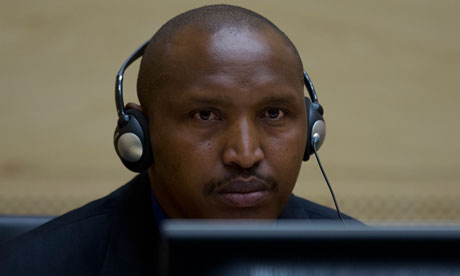By Ryan Aliman
Impunity Watch Reporter, Africa
LUANDA, Angola – Angolan police arrested rallyists who were holding a demonstration in the capital on Saturday.

18 activists were brought into police custody. Two of them were later released without charge while the others remain in prison.
Held near the Santa Ana cemetery, just meters away from the Luanda police headquarters, the protest aimed to pressure the government to recognize and uphold the “dignity and the right to life for those who think differently”. Protesters demanded answers over the disappearance of two government critics, Alves Cassule and Isaias Kamulingue, who have been missing since last year.
“We have already waited too long, Cassule and Kamulingue waited too long . . . and so many others that are being pushed into the limbo of oblivion, citizens who do not even enjoy the posthumous right of investigation to cast light on the events that led to their physical disappearances,” said one of the rallyists.
“We will continue to push until they reappear or the truth is told,” Adolfo Campos, another protester told AFP.
Saturday’s protest was also meant to express the public’s dissatisfaction towards the administration of President Jose Eduardo dos Santos who has been the country’s ruler since 1979. Activists at the rally accused the President of “mismanaging Angola’s oil revenues, suppressing human rights and doing too little to end corruption and poverty.”
According to Central Angola 7311, the organizers of the demonstration, they ensured that the rally met all legal requirements before carrying it out. “The protest, which fulfilled all legal requirements, was the target of the usual repression by the regime, using the Angolan police,” the youth protest movement posted on its Twitter feed.
In their defense, however, the police told the press that the protesters were causing “embarrassment and indignation” to those who were preparing for funerals at the nearby cemetery.
Nevertheless, local human rights groups denounced the way the police handled the situation. “It is sad to see the police use such violence against young people who are demonstrating peacefully,” said Jose Patricinio, the president of an Angolan human rights group. He added that staging a rally is a constitutionally guaranteed right which law enforcers must respect.
A few days before the protest, the U.N. Rights Committee expressed its concerns about reports of the disappearances of protesters in Luanda for the past two years, urging the government to “take practical steps to put an end to impunity by its security forces regarding arbitrary and extrajudicial killings and disappearances.”
For further information, please see:
Africa Review – Angola police break up protest over missing youths – 31 March 2013
Independent Online News – Angolan cops break up youth protest – 31 March 2013
Global Voices Online – Angola: Arrested and Disappeared for “Thinking Differently” – 31 March 2013
News 24 – Angolan police detain 18 – 31 March 2013
Global Post – Police break up youth protest in Angola – 30 March 2013
Reuters – Angola police detain 18 at rights rally: activists – 30 March 2013
TSF – Angolan police confirm arrest of 12 people organizing demonstration speech – 30 March 2013



